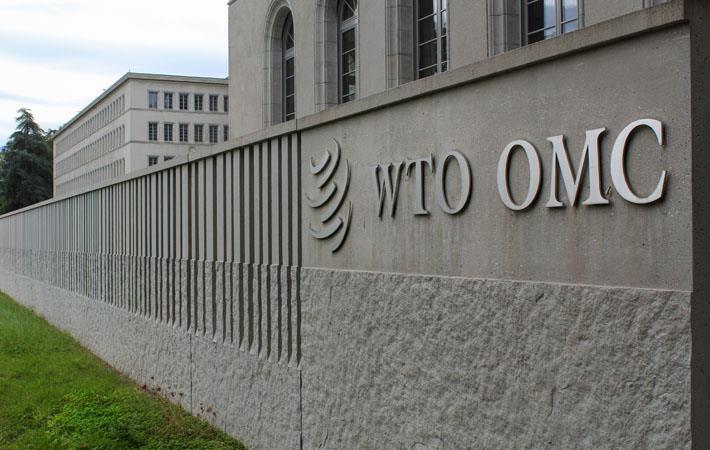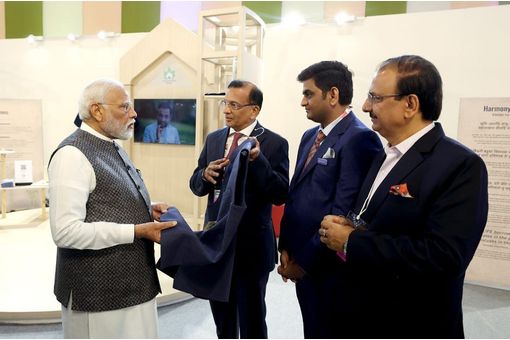Interviews
Pandemic likely to hit women disproportionately hard: WTO
11 Aug '20
2 min read

Pic: Shutterstock
Although the economic impact of COVID-19 pandemic is still emerging, early evidence suggests that the pandemic is likely to hit women disproportionately hard, according to a recent report by the World Trade Organisation (WTO), which said the impact on women is likely to exceed that of past crises because of safety measures against thje novel coronavirus.
The crisis will affect many sectors with a larger share of female employees and is likely to have a particularly negative impact on women in low-income countries. In manufacturing, the disruption of business travel and the lockdown have had a particularly large impact on sectors dependent on global value chains, as well as on season-sensitive sectors in which many women work, such as textiles and clothing.
Travel restrictions and border closures have severely affected trade in services, especially in sectors dependent on people travelling abroad, such as tourism.
The pandemic has also highlighted how the temporary movement of healthcare workers, of whom many are women, has particularly helped the most affected countries to deal with the crisis.
As economies emerge from the pandemic crisis, governments may find economic recovery strengthened if they specifically address the constraints faced by women, the report said.
Some of the most severely affected manufacturing industries are highly connected to global value chains, such as textiles, leather and footwear, apparel, telecommunications products, transport equipment, furniture, and machinery and equipment. Some of these manufacturing industries are also characterized by high female labour shares, in particular in developing and emerging countries.
Preliminary evidence for the United States suggests that women are being hit harder than men by the COVID-19 crisis. Many of the different channels through which COVID-19 is having a greater impact on women are those at the heart of gender inequalities. Wage and educational gaps, as well as limited access to finance, a greater proportion of women in informal employment and social constraints all tend to make women more vulnerable to economic recessions.
In parallel, women who lose their jobs or are required to reduce working hours also face lower opportunities than men of finding other jobs, in part because employers may believe women have more limited flexibility due to greater housework and childcare responsibilities compared to their male counterparts, the report added.
The crisis will affect many sectors with a larger share of female employees and is likely to have a particularly negative impact on women in low-income countries. In manufacturing, the disruption of business travel and the lockdown have had a particularly large impact on sectors dependent on global value chains, as well as on season-sensitive sectors in which many women work, such as textiles and clothing.
Travel restrictions and border closures have severely affected trade in services, especially in sectors dependent on people travelling abroad, such as tourism.
The pandemic has also highlighted how the temporary movement of healthcare workers, of whom many are women, has particularly helped the most affected countries to deal with the crisis.
As economies emerge from the pandemic crisis, governments may find economic recovery strengthened if they specifically address the constraints faced by women, the report said.
Some of the most severely affected manufacturing industries are highly connected to global value chains, such as textiles, leather and footwear, apparel, telecommunications products, transport equipment, furniture, and machinery and equipment. Some of these manufacturing industries are also characterized by high female labour shares, in particular in developing and emerging countries.
Preliminary evidence for the United States suggests that women are being hit harder than men by the COVID-19 crisis. Many of the different channels through which COVID-19 is having a greater impact on women are those at the heart of gender inequalities. Wage and educational gaps, as well as limited access to finance, a greater proportion of women in informal employment and social constraints all tend to make women more vulnerable to economic recessions.
In parallel, women who lose their jobs or are required to reduce working hours also face lower opportunities than men of finding other jobs, in part because employers may believe women have more limited flexibility due to greater housework and childcare responsibilities compared to their male counterparts, the report added.
Fibre2Fashion News Desk (DS)
Popular News
Leave your Comments
Editor’s Pick
































-Ltd..jpg?tr=w-120,h-60,c-at_max,cm-pad_resize,bg-ffffff)





.jpg?tr=w-120,h-60,c-at_max,cm-pad_resize,bg-ffffff)
.jpg?tr=w-120,h-60,c-at_max,cm-pad_resize,bg-ffffff)






